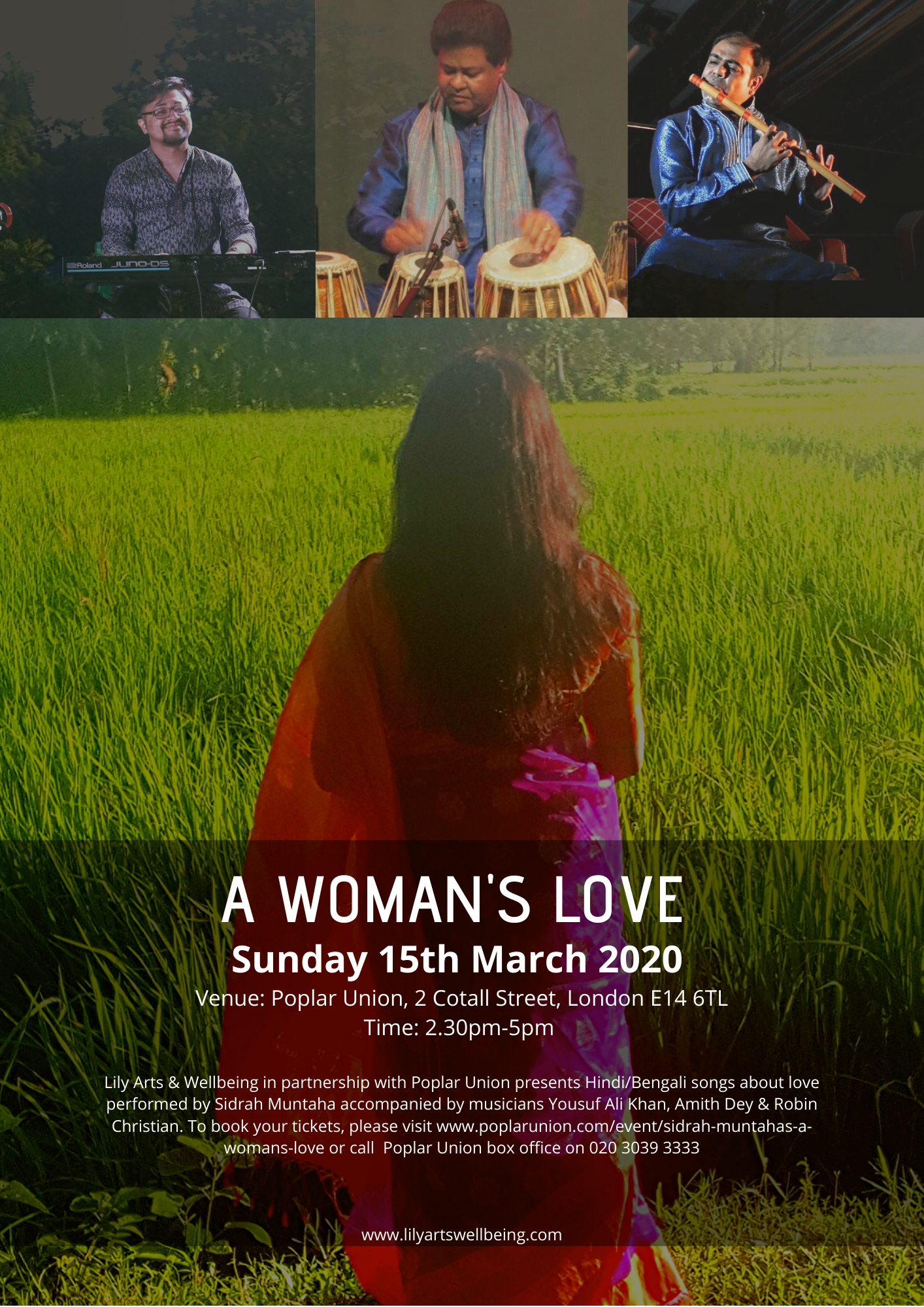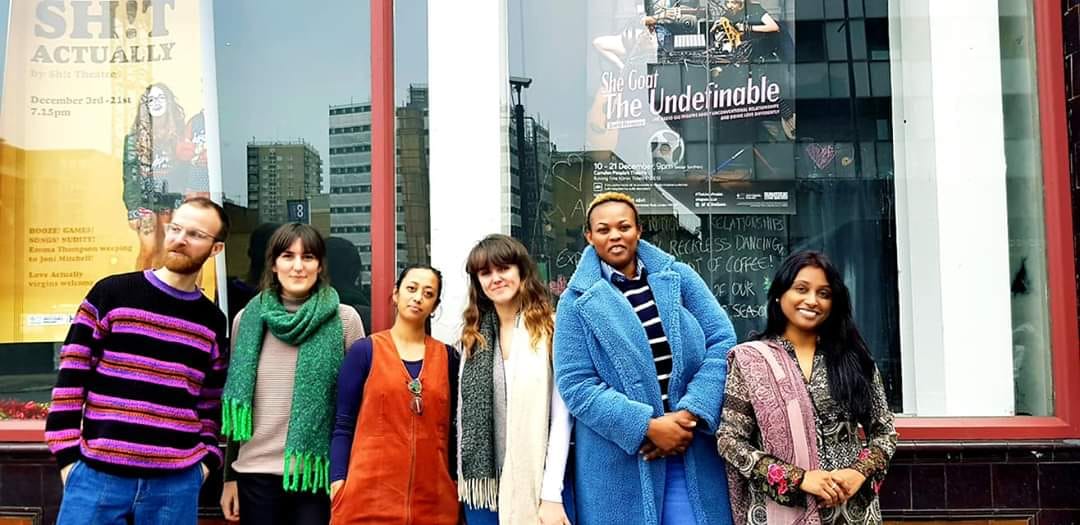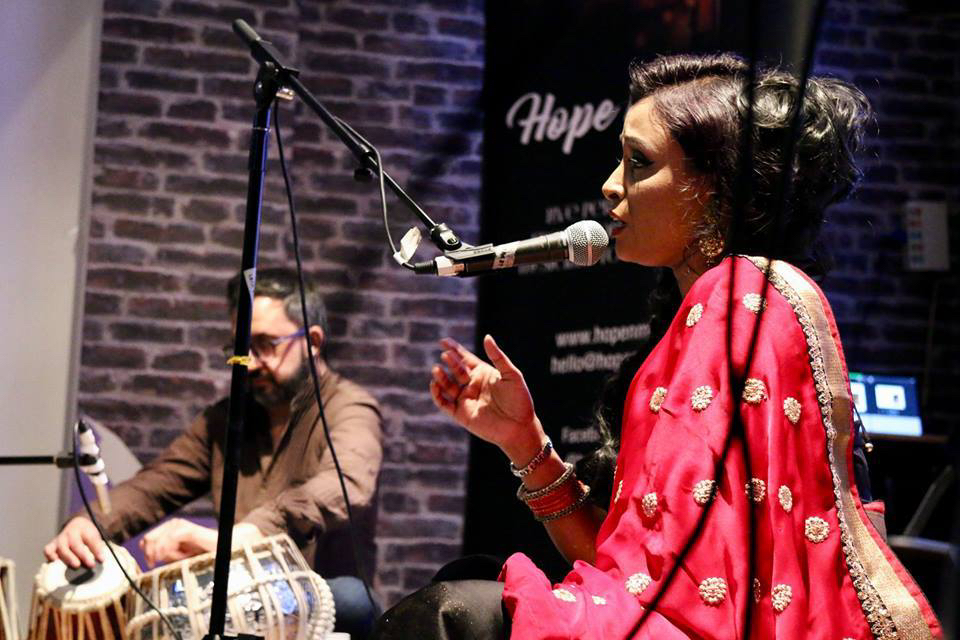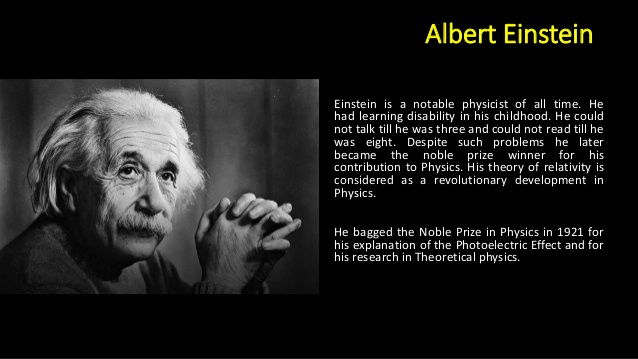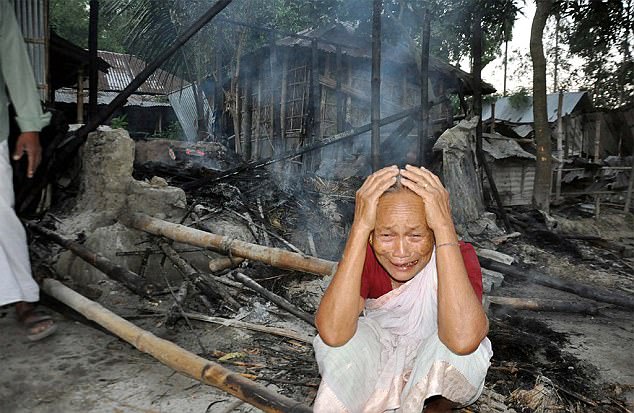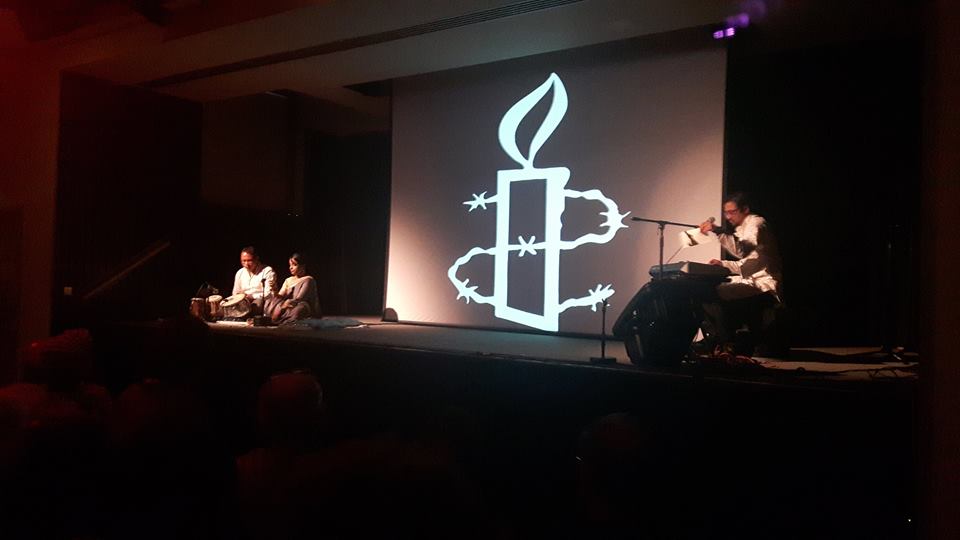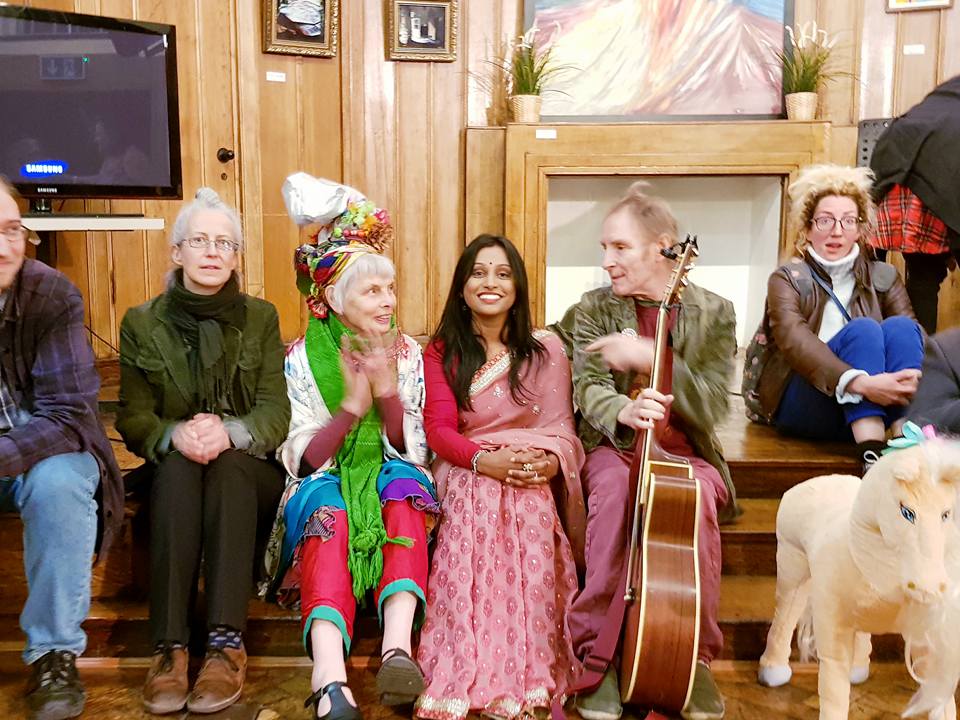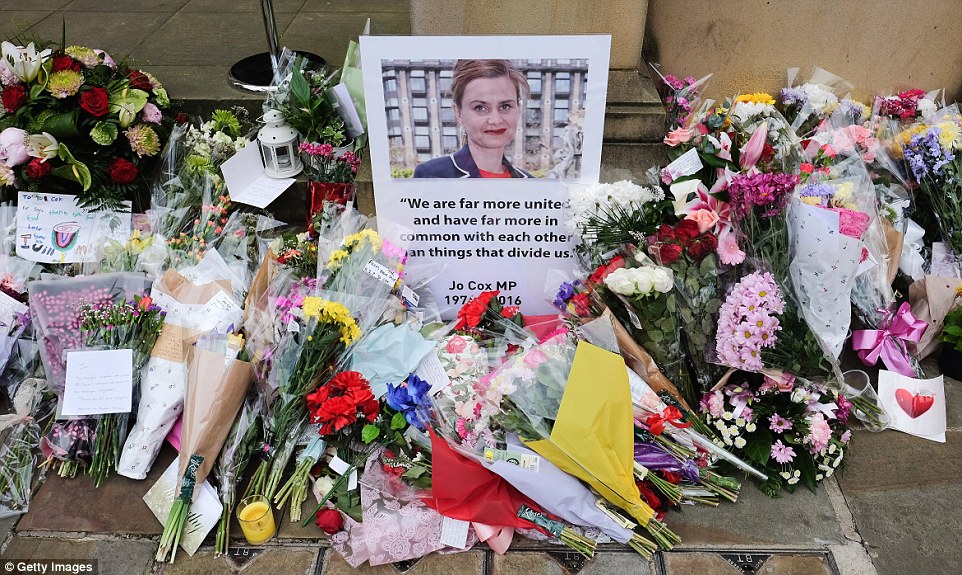When I first listened to this song a few weeks ago, I was surprised that I had never heard it before given my obsession with this genre of music. I found myself immediately immersed in the depth and sadness of Salma Agha’s voice. The lyrics in combination with her unique voice left me feeling reflective, maybe even a little sombre and I wondered why I had never really listened to her songs before. Perhaps years ago, when I first came across her voice, I was a lot younger and hadn’t paid much attention nor realised how beautifully and effortlessly she expressed sorrow.

In this song, the actor Raj Babbar is singing about how his heart has longed for a beloved, and that he has waited for such a long time, hoping that this wait would now be rewarded. The actress and singer Salma Agha, however responds by singing that her life has been spent in sadness, experiencing great betrayal from friends she has met along the way. Friends in this context I believe is referring to romantic relationships. She adds ‘let’s see what my fate now has in store for me’ but fears that any new encounter may lead to new and fresh wounds.

I don’t think there is anyone in the world who isn’t able to relate to the experience of betrayal, romantic or otherwise. But what happens emotionally when we are deceived or betrayed? From a psychological perspective, we can understand why we may become guarded. The more we experience disappointment or hurt by loved ones, the more likely we are to put our defences up. We may go into a fight or flight mode (response to trauma) or a self-protector mode for example by becoming hyper-vigilant, looking out for signs of possible threat. So for new acquaintances, we are likely to look out for evidence of their intentions or capacity to cause us damage. To some extent, this is a helpful primitive survival strategy if we consider our origins.
Lets take the example of cave persons living with the actual (not perceived) threat of hungry wild bears outside ready to eat them! Those who are understandably anxious and avoid leaving the cave will most likely survive longer. In contrast, those that are very brave and determined to hunt by leaving their cave daily are more likely to be killed and eaten by the bears. The careful cave person although timid is nevertheless more strategic in ensuring their survival. In this context, the hyper-vigilance is functional and adaptive. In modern life however, the dangers are different. There may be actual danger, but the perception of this danger may be far greater than the actual threat. Those who have been hurt, betrayed or scarred by romantic (or other) relationships are likely to avoid taking risks and more likely to listen and watch out for any potential threat. In schema terms, Salma Agha’s ‘mistrust schema’ is activated when a new suitor shows her interest,which is not surprising given in the film she experiences mistreatment by her first husband.

In the film Nikkah (1982) https://en.wikipedia.org/wiki/Nikaah_(film), Salma Agha plays the part of a young woman who gets married (due to parental/cultural pressure perhaps indicating a ‘subjugation schema’) despite preferring to do a journalism course instead. Although initially appearing happy, her husband, to her horror gives her an islamic divorce (verbally) in a fit of rage. After leaving her husband’s home, she encounters and old acquaintance who professes that he has remained in love with her since their first acquaintance prior to her marriage. Although she agrees to marry this previous acquaintance, the ex-husband returns, wanting her to consummate her marriage with the new husband before getting divorced again! This according to a particular islamic perspective, would free her up to marry her ex-husband again. Sounds a little complicated, but these practices still happen today in some muslim communities. In the film, Salma Agha questions both men for treating her as an object after the new husband believes her to be in love with her ex husband and offers to give her a divorce. Perhaps at this stage, the character played by Salma Agha is exercising her ‘healthy adult mode’ by critiquing these practices and questioning two men who she expected would take care of her ‘vulnerable child’ self. We often get into relationships, wanting and expecting the romantic partner to take care of the ‘vulnerable’ or ‘traumatised child’ within us, particularly if we have experienced emotional deprivation (or worse) in early childhood. Perhaps this is why traditions like this encourage women to remain in abusive marriages and abide by abusive social practices due to the lack of opportunity to exercise and strengthen their healthy adult selves.
When I listened to the song on loop for two days straight, I wasn’t thinking at all about schema therapy, cultural practices or misuse of divorce rights by men. I only heard the sadness in Salma Agha’s voice. It’s only when I started paying close attention to the lyrics and watched the film that I realised again here is another song that tells us so much about emotional processes and socio-cultural context of a particular community and era.
All that aside, if you are curious now about this song, here it is. I am conscious that I am writing this blog with very little emotion, perhaps something to do with my own ‘detached protector’ mode which intellectualises anything I find emotionally painful. But what’s crucial is that in the moments when I listened to this song with my heart (not head), I was filled with a deep sadness because ultimately music connects me to emotions in a way that nothing else does.






